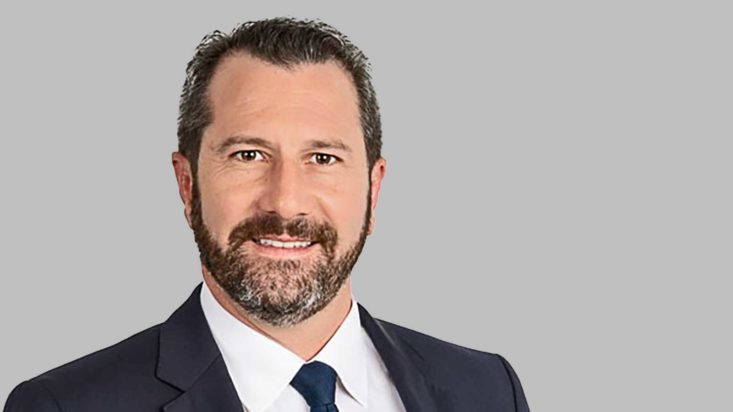Advisers take a fresh look at emerging markets
A confluence of largely unrelated trends is prompting advisers to rethink their former reticence about emerging markets for all but their better-heeled clients. They are taking a whole-world approach.
According to Jorden Brown, Capital Group’s Sydney-based managing director in charge of financial intermediaries, advisers have long accepted the investment fundamentals of emerging markets (EM), such as faster growth and an emerging middle class. Whether and how they advise clients to take advantage of those fundamentals are more like implementation issues.
He says there are two types of EM investor in the wholesale (financial planner) space:
- Those who favour a dedicated EM allocation as part of a broader global equities allocation. This cohort tends to speak for moderately aggressive clients, generally believes in the EM growth story, and tends to be longer-term patient investors, and
- Those who think of an EM allocation as a momentum play. They tend to represent hotter money – with allocations rising and falling according to the momentum tide – and tend to be shorter term in outlook.
A challenge for the adviser is that unlike in the institutional market, the investor may be sensitive to shorter-term volatility.
Brown has been working with advisers for about 16 years; since 2014 at Capital Group and before that, at Perpetual.
He says: “If I’m an institution and I have an emerging markets ‘sleeve’ to my portfolio I am judging it against its index. But for an adviser, the end-client may think differently because they may have replaced some other part of global equities [with the EM exposure]. The institutional investor has a greater acceptance of shorter-term volatility.”
Some of the global trends evident over several years accelerated during the worst of the pandemic. And the single most prominent player in these trends is China, which makes up more than 40 per cent of the EM index, and rising. China is looking towards a gradual end to its trade war with the US with its own exports having risen through that period.
China has become the world leader in both e-commerce adoption and the supply of internet services. Already leading the world in renewable energy equipment production, it is making a concerted effort to lose its mantle as the world’s biggest carbon emitter.
There have been moves by big investors, including Capital Group, for the index providers to re-make their indices to allow for more representation from all Chinese stocks, with providers such as MSCI going slowly about this task.
This then leads to the question as to whether there is much point in having separate index groups between, say, ’emerging markets’ and ‘Asia ex-Japan’. Asia ex-Japan makes up about 80 per cent of the EM index and some big investors are looking to have China considered separately, as Japan has done since the early 1990s, when its market boomed before suffering a generation-long stagnation.
Capital Group’s Brown says there are not a lot of large EM equity funds domiciled in Australia, although the country’s total exposure to EM is relatively healthy, indicating that much of the exposure is institutional.
In 1999 Capital Group launched its ‘New World’ strategy, initially for the US market, which has a notoriously high home-country bias. The strategy focuses on a company’s revenue, paying little-to-no attention to domicile, which is similar to the approach it takes for its flagship New Perspective global equities strategy.
The strategy was made available to a select few wholesale investors in Australia and New Zealand in 2017 and then more generally with the launch of an unlisted unit trust in 2018.
The New World Fund, which is available in either hedged or unhedged versions, can invest in any stocks in the MSCI ACWI (All Countries World Index), but no less than 35 per cent of the market cap has to be EM-domiciled.
Its current make-up is about 55 per cent US-domiciled stocks, which is at the high end of the range due to the performance of some of the very big tech companies in the past couple of years.
“We think the New World approach addresses some of the challenges,” Brown says. “We look at governance for each company we invest in across all our funds and we see that the distance between developed and emerging markets with governance is closing.” Governance has been another adviser concern about EM.
The outcome has been that the volatility for the New World Fund has been significantly lower than for the EM indices generally. The fund tends not to participate in as much of the momentum driver for returns, so it will tend to lag the indices. “By design, the fund has given investors a smoother experience,” Brown says.
At the end of the day, for all investors, EM is a growth choice. Brown believes that that message is resonating more with advisers today than, say, ten years ago.
“We’re not hearing anything remarkably different from the adviser world than we did ten years ago,” he says. “But there’s more recognition that many EM companies are looking more and more like developed market companies, and many companies listed in developed markets are the ones capturing the growth in EM, which is my ‘revenue exposure’ point.”











